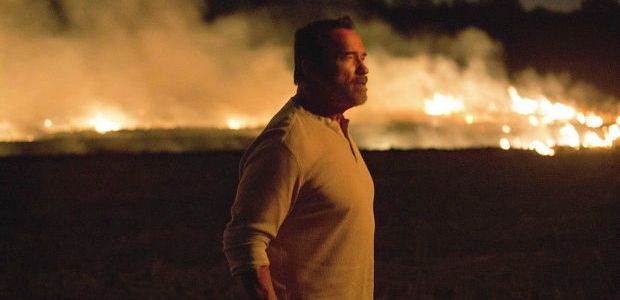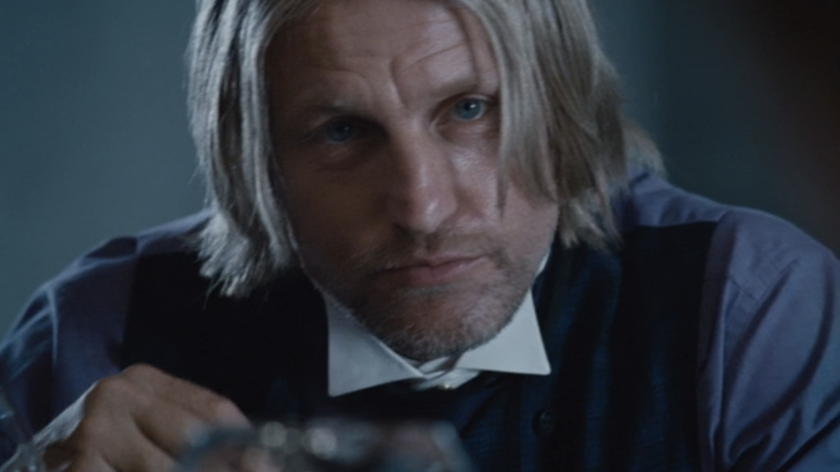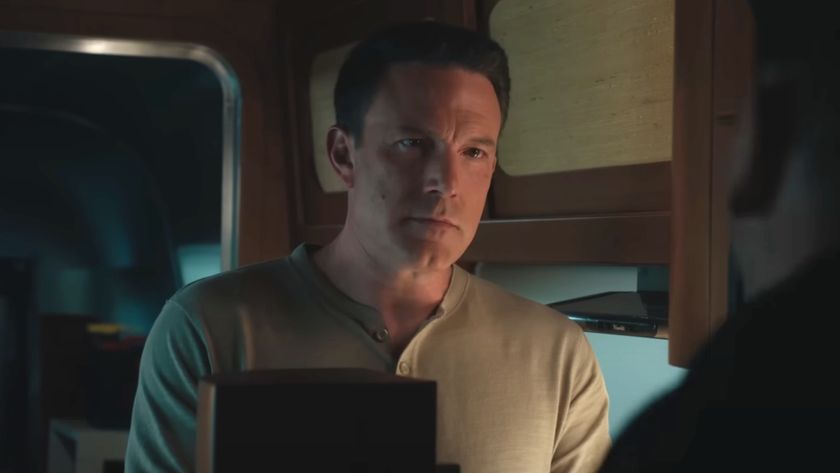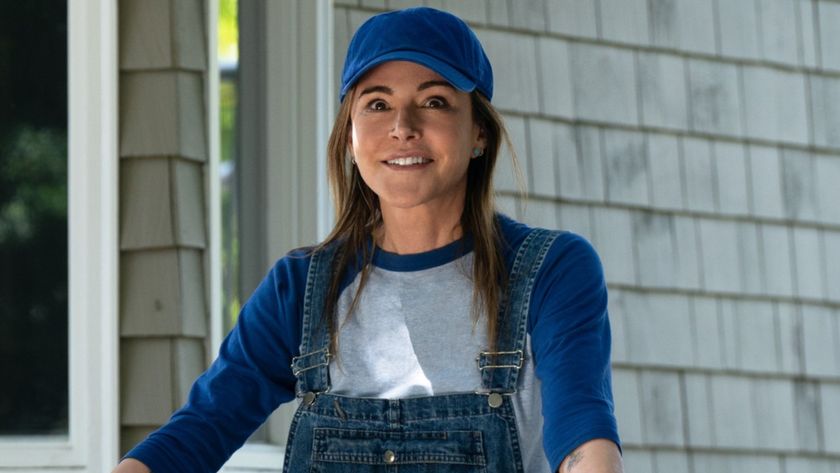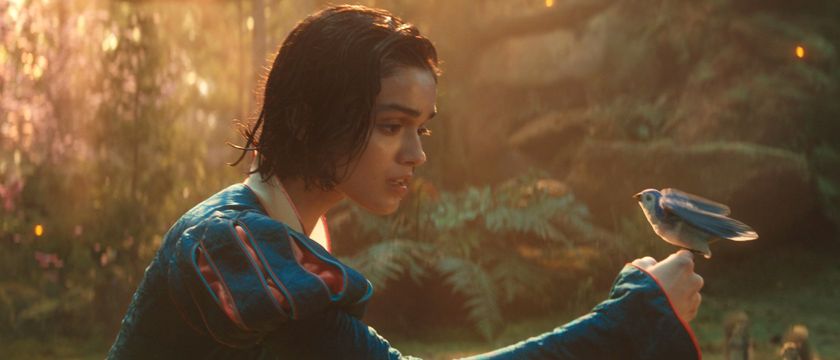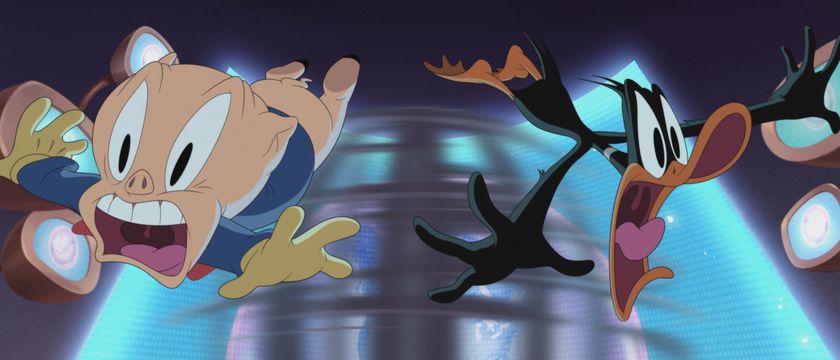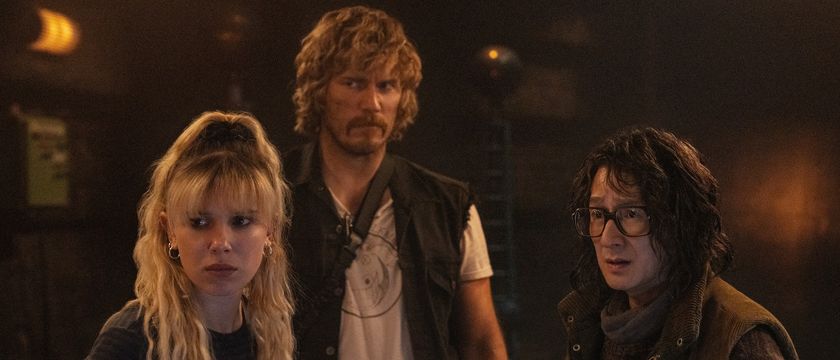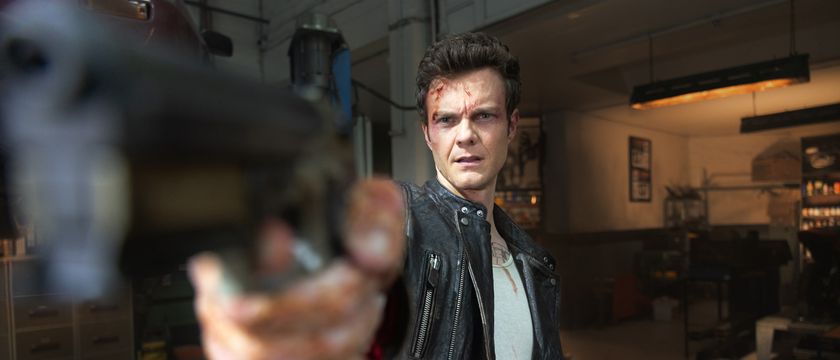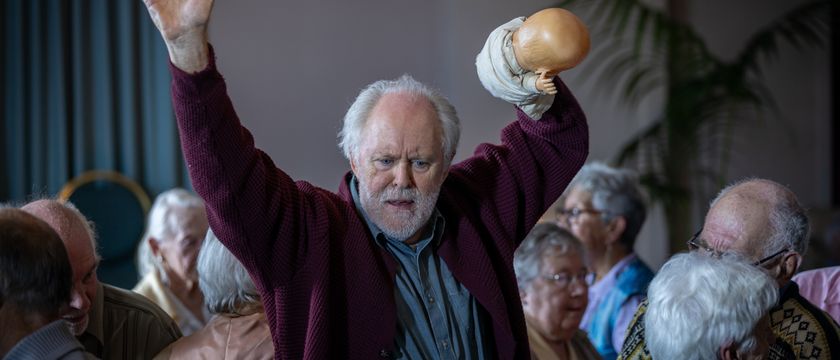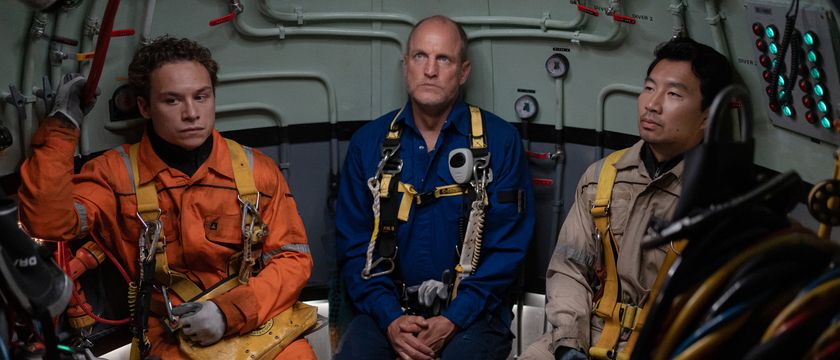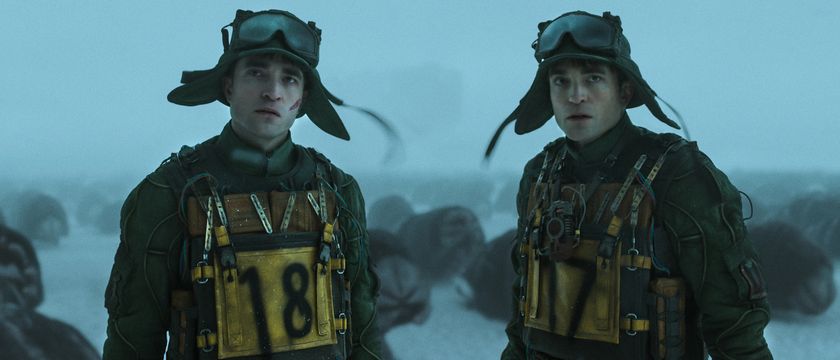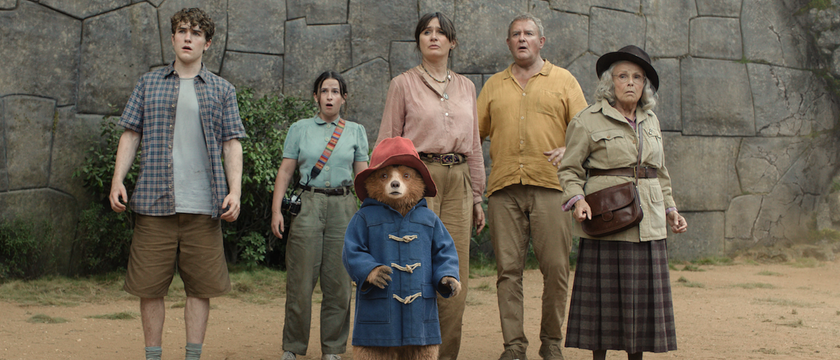Maggie is not the movie you think it is. When you hear of a zombie drama starring Arnold Schwarzenegger, you might imagine a thrilling actioner with someone like Trench or Rottmayer hacking and slashing his way through hordes of the walking dead. Maggie is far from that.
Starring Schwarzenegger and Abigail Breslin, all grown up from her Little Miss Sunshine days, the film is a softer character piece that takes a more intimate look at the most emotionally charged and less-depicted aspect of the zombie apocalypse: watching a loved one as she turns. At least, Maggie wants to be that. Much like the speed at which these lifeless creatures move, the film trudges along at a glacial pace and somehow manages to suck the life out of the story of a young girl’s last weeks.
The film marks a couple of firsts. It’s the first feature film from Henry Hobson, known primarily for his typography and work on the end titles of various films. It’s the first green-lit screenplay of a feature film for John Scott 3. Maggie also marks a rare dramatic performance from Mr. Terminator, playing a farmer father named Wade. We first meet him on his way to the hospital to pick up his daughter Maggie, who had been bitten by a zombie a few weeks prior. He’s told she only has two more weeks before she’ll start losing her mind completely, at which point Wade will have to make a decision — either drop her off at the quarantine zone, which is said to be hell for those admitted; inject her with the drugs quarantine patients are given, though they are said to be excruciating; or, as his friend and doctor Verne says, “Make it quick.”
Ultimately, it doesn’t matter why the quarantine zone mistreats its patients under a poorly managed facility. Despite all this fear about airborne contraction and food contamination we hear on the news, it doesn’t matter why Wade nor anyone Maggie comes into contact with gets the virus. We can even forgive the fact that, despite the zombie epidemic, Wade is allowed to take his daughter home as dead bodies litter the hospital hall around them. In terms of story, all that matters is that Wade brings Maggie home to be with her father and stepmother in her final two weeks, and that the toughest decision of Wade’s life is looming over his head.
So there’s no zombie action comparable to The Walking Dead. This unique premise alone is probably why the script was placed on the Black List of “most liked scripts.” The most surprising thing about Maggie, though, is that it met none of my expectations after learning all of this.
With Zombieland and August: Osage County, Breslin already proved that she is more than Little Miss Sunshine, which is what made her performance in Maggie so disappointing. From her awkward reunion with her high school boyfriend — supposedly one of the the film’s more tender moments — to seeing the daisies her father planted over her mother’s grave for the first time and saying, “This is the most beautiful thing ever,” her character seemed unrealistic. The script was overly simplistic to the point where it seemed that none of the actors were saying much of anything. But even under that circumstance, their unsaid actions should carry the scene and the motion through, and make us feel something. Perhaps it was a matter of “you can only do so much with what you’re given,” but I felt very little of anything.
The same can be said of Schwarzenegger. I want to believe this man is more than the rough-and-tough Terminator, Conan or whatever the name of his latest action hero. But he, too, could not give me what I needed out of him, which was an authentic, emotional response to this horrific situation. To his benefit, there were scenes that pricked me, though the overall issue seemed to be poor editing. The film is only 95 minutes long, and the first 30 minutes felt like they took up a full hour, which left little time for Hobson to take us through the moments he needed to tell the story. The frames cut from scene to scene fairly quickly, giving the illusion that something was happening, but really the overall story moved much slower. I just wish the camera lingered over the casts’ faces a hair longer in order to get something real.
We know from the very start of Maggie that this girl is going to die, and there is no hope of saving her. By the end of the film, she’s embracing her father with tears bleeding out of her bruised eyes and telling her father that he needs to put her out of her misery. She has suffered enough. I wouldn’t have known that from the events that led to this moment, because there are no stakes — or, rather, we don’t feel them. It might be repulsive to say, but Maggie should have suffered more. Or, at the very least, the film should have given us more moments with her than what we were afforded.
